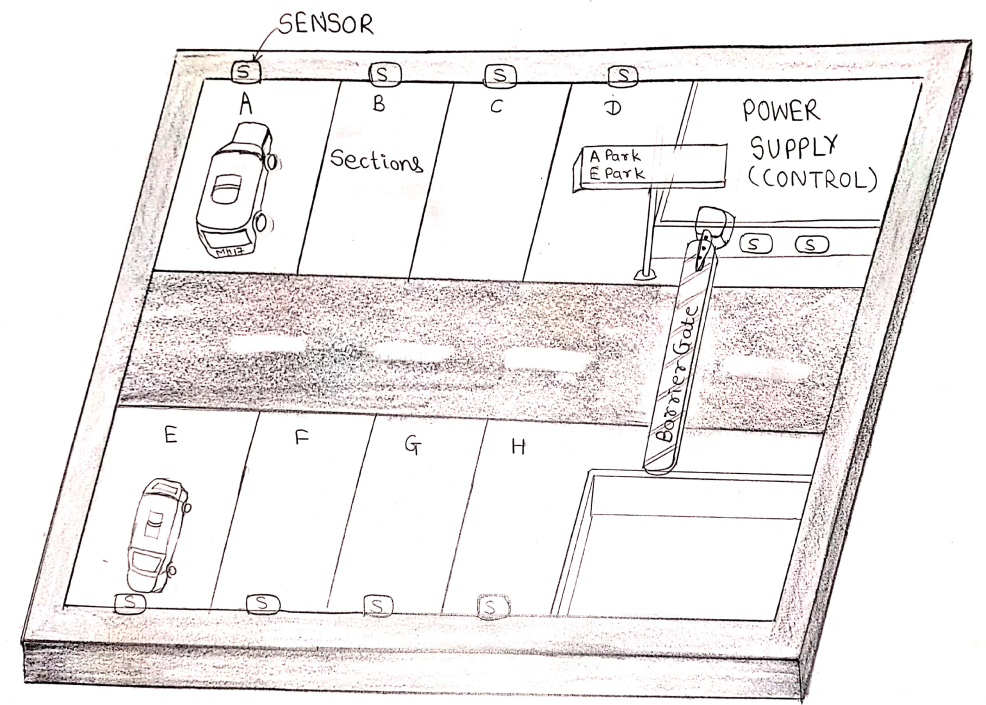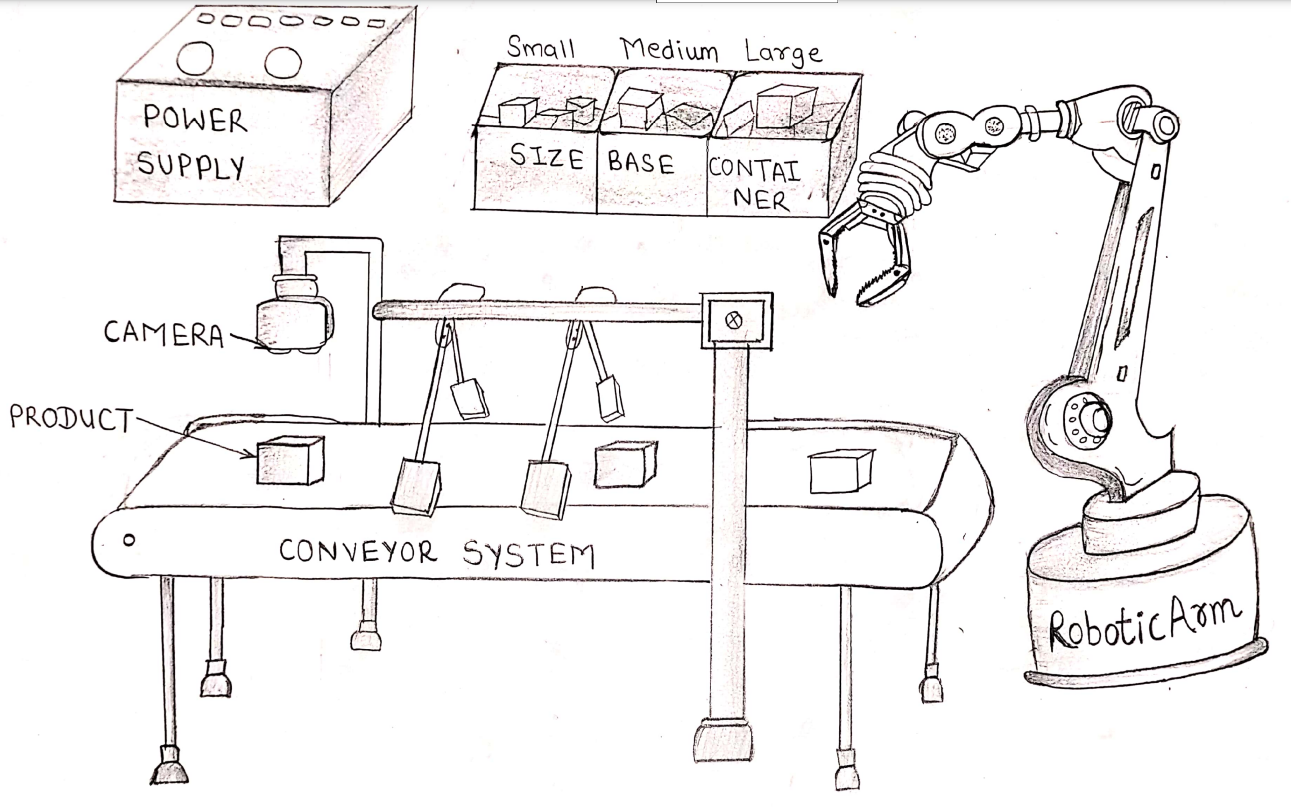fINAL PROJECT
Smart Parking Systems
The rapid growth of urban populations and the increasing number of vehicles on roads have exacerbated parking problems in cities worldwide. Traditional parking systems, which realy on manual management and static signage are often inefficient, resulting in wasted time, traffic congestion, and driver frustration. Furthermore, the absence of real-time information about parking availability forces drivers to spend significant time circling around in search of empty spaces, contributing to increased traffic density and air pollution.
To address these challenges, the integration of Internet of Things (IoT) technologies into parking management systems has emerged as a transformative solution. Smart Parking Systems (SPS) leverage IoT-enabled devices to optimize parking space utilization, provide real-time updates on parking availability, and offer automated payment options. These advancements enhance the parking experience for users while improving the overall efficiency of urban mobility.
Overview of Smart Parking Systems
A Smart Parking System utilizes a network of sensors, communication protocols, and data analytics to monitor and manage parking spaces in real time. The system enables users to:
1. Locate available parking spaces quickly.
2. Reserve parking spots in advance.
3. Make secure digital payments, eliminating the need for physical interaction with parking meters or staff.
IoT-enabled parking sensors detect the occupancy status of parking spaces and transmit this data to a centralized server. The server updates parking availability information on a mobile app or user interface in real time. Additionally, GPS-based navigation aids users in finding the nearest available parking space and guides them to their destination.
Objectives
The primary objectives of this project are:
• To design and implement an IoT-based Smart Parking System that provides real-time updates on parking availability.
• To enable users to reserve parking spots in advance through a mobile app.
• To facilitate secure and seamless digital payments for parking services.
• To reduce the time spent searching for parking spaces, thereby decreasing traffic congestion and minimizing carbon emissions.
• To enhance the efficiency of parking lot management, contributing to smarter urban infrastructure.
System Design and Components
The Smart Parking System incorporates the following key components:
1. IoT Sensors: Sensors installed in parking spaces detect occupancy and transmit data to the central server.
2. Communication Protocols: Reliable communication protocols ensure seamless data exchange between sensors, servers, and user interfaces.
3. Mobile Application: A user-friendly app provides real-time parking information, reservation features, and secure payment options.
4. System Architecture: The centralized server processes data from IoT devices, integrates it with user queries, and delivers real-time updates.
Benefits of the Smart Parking System
The implementation of a Smart Parking System offers several advantages:
•For Users:
o Saves time by providing real-time updates on parking availability.
o Reduces frustration with the ability to reserve parking spots in advance.
o Simplifies the payment process through secure, digital platforms.
•For Urban Infrastructure:
o Decreases traffic congestion and associated pollution levels.
o Improves the overall efficiency of parking management systems.
o Supports the development of smart cities by integrating advanced technologies into public services.
Conclusion
This project focuses on the design and implementation of an IoT-based Smart Parking System, which aims to revolutionize parking management in urban areas. By leveraging cutting-edge technologies such as IoT sensors, communication networks, and mobile app solutions, the system addresses critical parking challenges, contributing to smoother urban mobility and sustainable city development. Through its innovative approach, the Smart Parking System is a step forward in creating smart cities that prioritize user convenience, environmental sustainability, and efficient resource management.

